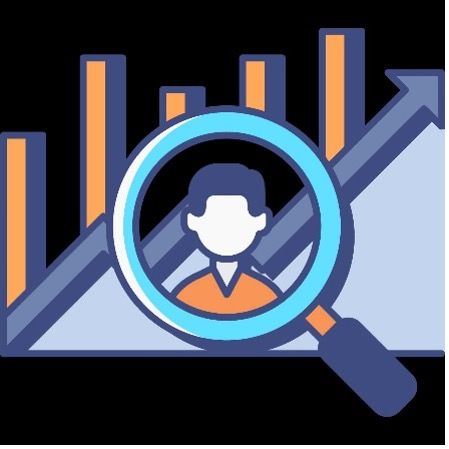
In a new study titled "Leveraging Learning Collectives: How Novice Outsiders Break into an Occupation," Dr. Ece Kaynak, an accomplished ethnographer and Assistant Professor of Organizational Behavior at Bayes Business School, delves into the transformative power of learning collectives in occupational transitions.
She has extensively researched how career changers evolve their skills for opportunities in the digital space without following specific paths that some would call “traditional.” She takes a “phenomena-driven” approach to finding insights with organizational and societal consequences.
The Distinctive Learning Environment of Coding Bootcamps
Dr. Kaynak's research spotlights how coding bootcamps as unconventional educational entities (different from traditional institutions). She finds the hands-on, immersive learning experiences as a practical, real-world approach that aligns seamlessly with the demands of the modern tech industry.
Central to Dr. Kaynak's findings are the benefits of “learning collectives” (groups of individuals united by a common goal of rapidly entering a field like software development).
Through diverse backgrounds, these learning-focused groups empower a collaborative learning environment that accelerates the learning process and cultivates a culture of mutual support and knowledge-sharing. She breaks down three critical facilitators of learning:
Peer Team Structures
This collaborative coding approach transforms solitary efforts into dynamic learning experiences, promoting peer-to-peer knowledge exchange.
Near-Peer Role Structures
This near-peer instruction model empowers learners to seek assistance from those who recently navigated the same learning journey.
Leveraging Broader Community Expertise
By leveraging a wealth of resources, from video tutorials to forums, students acquire essential problem-solving skills, fostering self-reliance and confidence in their ability to learn independently.
How Do Bootcamps Help Career Changers?
As Dr. Kaynak's research highlights, aspiring software developers enter bootcamps as newbies with limited coding experience. However, the immersive learning experience and the support of learning groups help transform them from “I’m New” to “I’m Hirable.”
Some key motivation and confidence builders include experiencing moments of success (like watching their code-writing operate correctly) as participants achieve milestones throughout their bootcamp journey.
These moments, coupled with the development of tangible projects, lead to a shift in self-identity—from nervous novices to proud developers.
What About Job Placement and Beyond?

Dr. Kaynak's study provides impressive insights into life after bootcamps. Many secure entry-level software developer roles or positions require coding skills, highlighting the effectiveness of bootcamps in preparing individuals for the demands of the software development industry and the potential of a non-traditional approach to education in reshaping occupational learning in our knowledge-focused and practical-skill economy.
This research sheds light on the transformative power of learning collectives and underscores the broader societal implications of reshaping established learning pathways.
Dr. Kaynak is providing coding bootcamp students and employers with a comprehensive examination of the dynamics of occupational transitions and the high potential for alternative pathways to success in the digital age.

